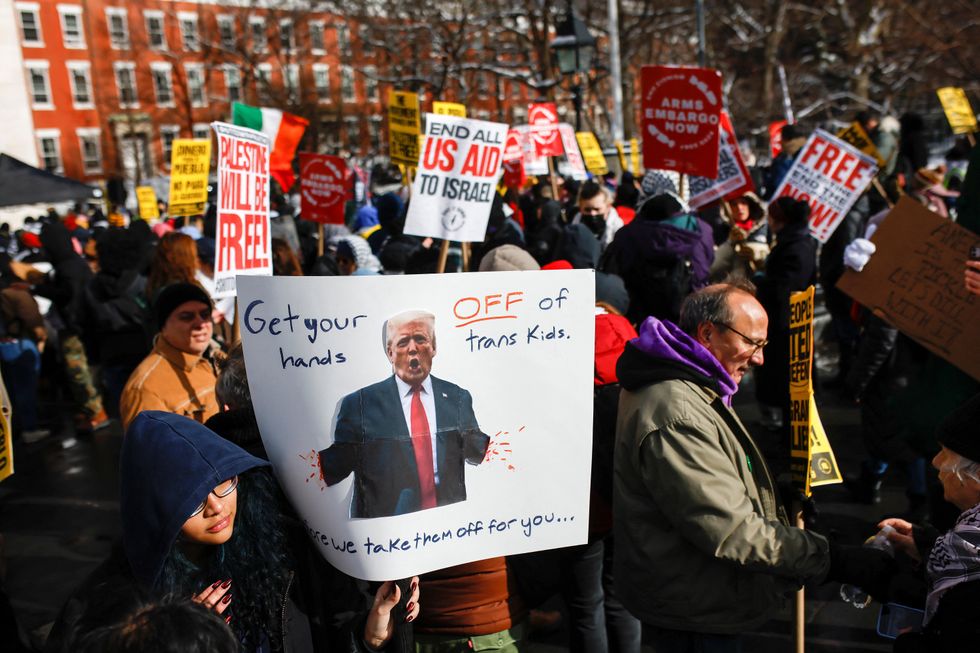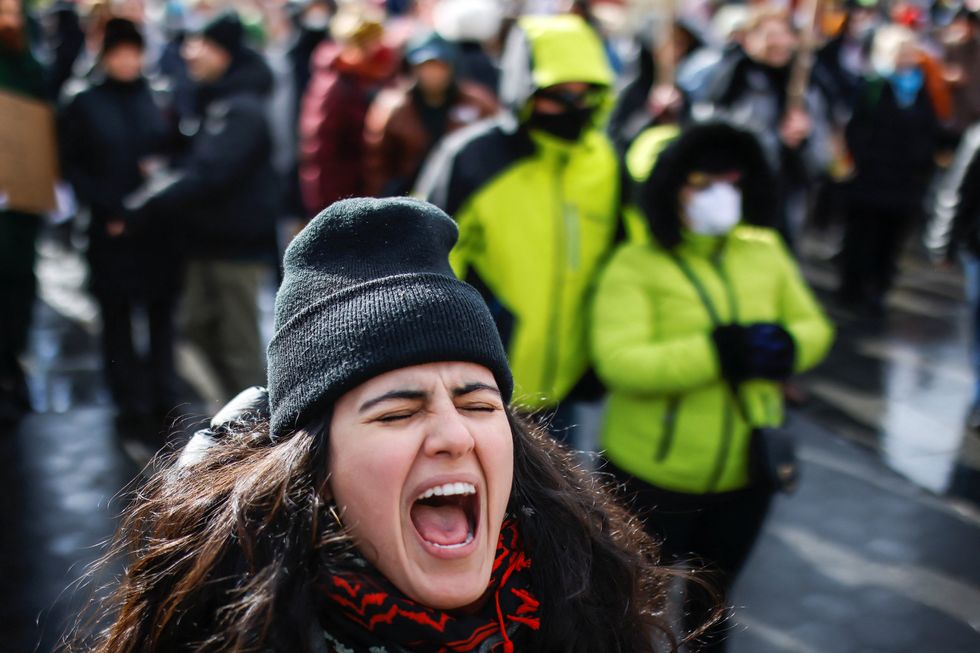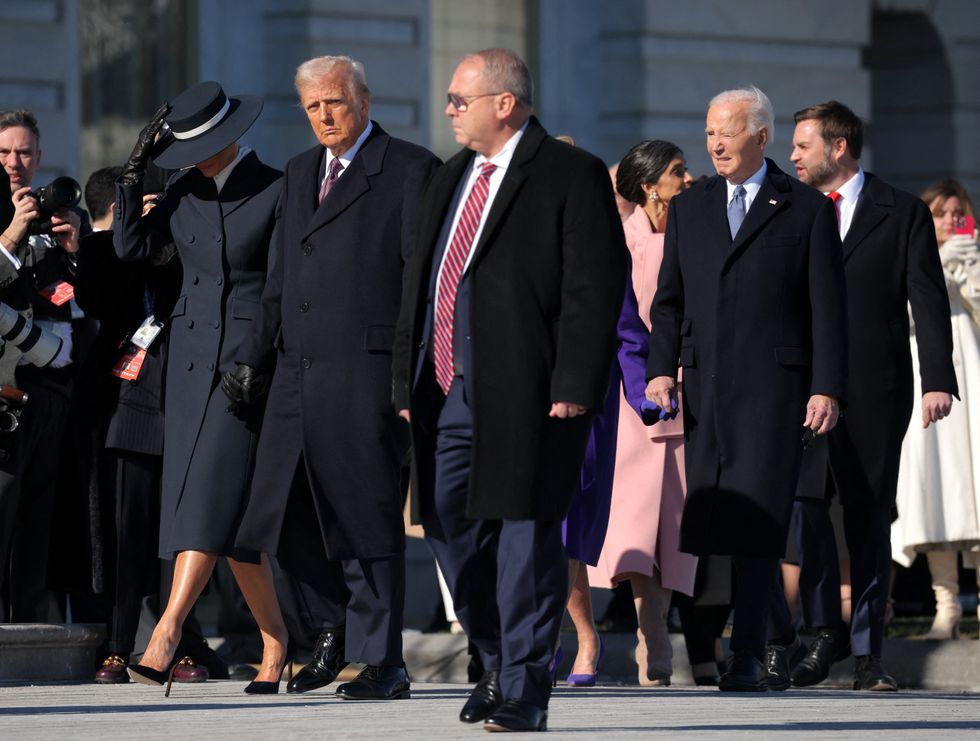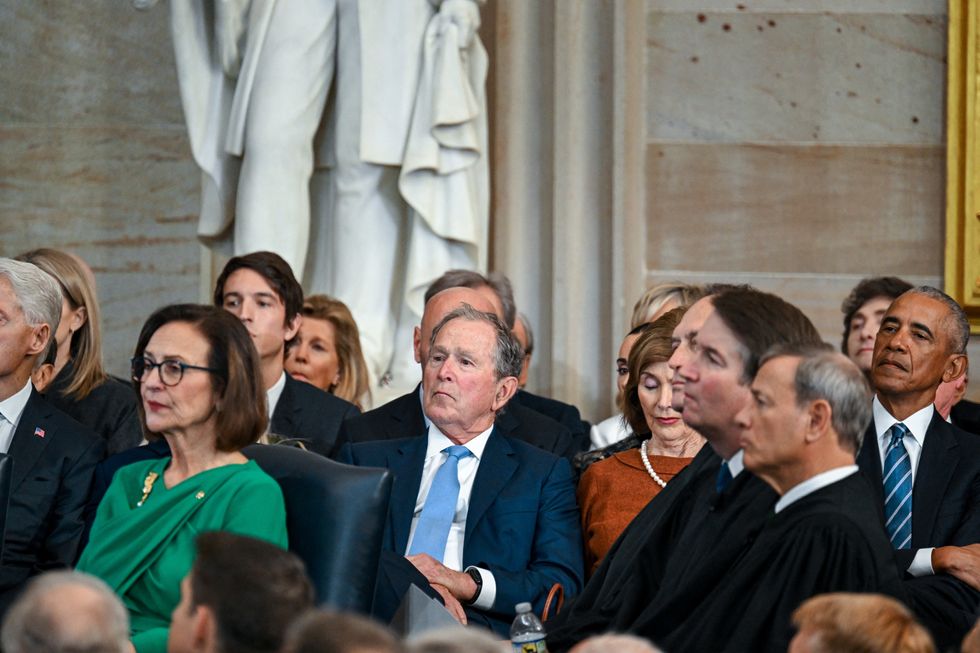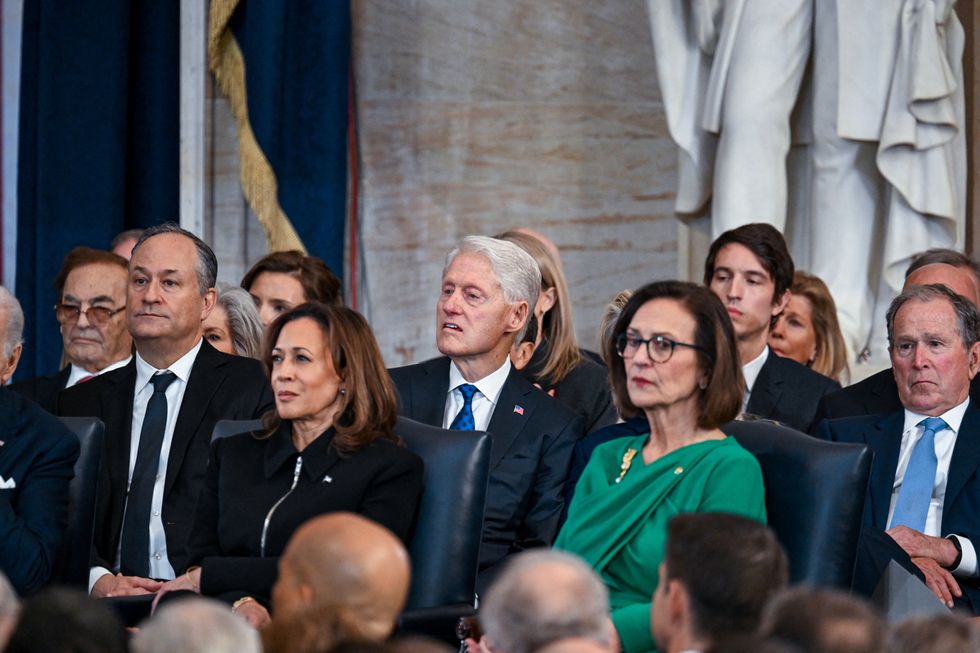The 39th president of the United States, James Earl Carter Jr., reportedly died after receiving care at his home in Plains, Georgia, where he resided with his wife, Rosalynn Carter, until she succumbed on Sunday, November 19, 2023. On that day, the former President refused hospital care, saying he wanted to go out holding Rosalynn's hand, according to historian Michael Beschloss
"Number one, this was one of the great marriages in American history, even if they weren't president and first lady," said Beschloss. "Not only the length of this marriage, (77 years) but the closeness of it — that partnership. And you know, everyone who has said this in the last two minutes is absolutely right. They love most of all being with each other. I am told by someone who is very close to both Carters, that last winter, when Jimmy Carter was told that he was very sick and there was not very much that could be done for him, he was told, probably the best thing is for you to go into the hospital where you can get the best care. And I am told that President Carter said, no, I want to get home, and be in bed with Rosalynn, and just sit holding hands, and that's the way I'd like to close my life. And that's really the way it happened."
In May, Jimmy Carter’s grandson said that the former president's life is “coming to the end.”
He's "doing OK. He has been in hospice, as you know, for almost a year and a half now, and he really is, I think, coming to the end that, as I’ve said before, there’s a part of this faith journey that is so important to him, and there’s a part of that faith journey that you only can live at the very end and I think he has been there in that space," Jason Carter said.
According to earlier reports, President Joe Biden will deliver Carter's eulogy.
In recent years, Carter had received various hospital treatments, including when he revealed in August 2015 that he had brain cancer and was undergoing radiation treatment — an illness he recovered from, seemingly against the odds.
In addition to being president, the 100-year-old was a U.S. Navy submarine officer, a farmer, a diplomat, a Nobel laureate, a Sunday school teacher and one of the world’s most well-known humanitarians.
Carter won the presidency in 1976, following the Nixon and Ford administrations, at a time of grave political and social tumult not unlike our own. During his tenure, the Democrat prioritized human rights and social justice, enjoying a solid first two years, which included brokering a peace deal between Israel and Egypt dubbed the Camp David Accords.
But his administration hit numerous snags — the most serious being the taking of U.S. hostages in Iran and the disastrous failed attempt to rescue the 52 captive Americans in 1980.
The blowback from the U.S. boycott of the 1980 Summer Olympics, held in the former Soviet Union in response to that country’s invasion of Afghanistan, may have also hurt Carter.
Richard Moe, who served from 1977 to 1981 as chief of staff to Vice President Walter Mondale, offered an alternative view of Carter’s presidency in 2015, citing numerous achievements.
“As worthy as Jimmy Carter’s post-presidency has been, it shouldn’t overshadow his time in office, which has been too often overlooked, and which stands in sharp contrast to what we see in the [Trump administration],” Moe said.
In November 1980, Republican challenger Ronald Reagan beat Carter, relegating him to a single term of office on a wave of staunch conservatism.
“We told the truth, we obeyed the law, and we kept the peace,” said Vice President Walter Mondale at the end of Carter’s term.
In the introduction of his 2015 book, A Full Life, Carter repeated the Mondale quote, adding, “We championed human rights.”
As the years passed, a more nuanced image of Carter emerged, taking into account his post-presidential activities and reassessing his achievements.
He founded the Carter Center in 1982 to pursue his vision of world diplomacy and received the 2002 Nobel Peace Prize for his efforts to promote social and economic justice.
Carter said basic Christian tenets such as justice and love served as the bedrock of his presidency, and the ex-president taught Sunday school at Maranatha Baptist, his church in Plains, well into his 90s.
Sen. Raphael Warnock of Georgia, who is also a senior pastor at Ebenezer Baptist Church where Martin Luther King, Jr. preached, wished the Carter family comfort as the former president entered hospice.
"Across life's seasons, President Jimmy Carter, a man of great faith, has walked with God," Warnock tweeted. "In this tender time of transitioning, God is surely walking with him."
Both Jimmy and Rosalynn Carter made plans to be buried at their family home in Plains, near “a willow tree at the pond’s edge, on a gentle sloping lawn, where they will be buried in graves marked by simple stones.”
The Carters’ property has already been deeded to the National Park Service.
With additional reporting from AFP.
From Your Site Articles
Related Articles Around the Web



